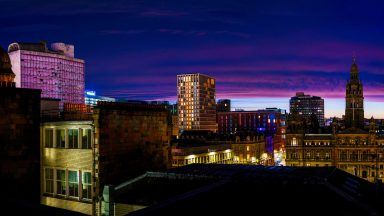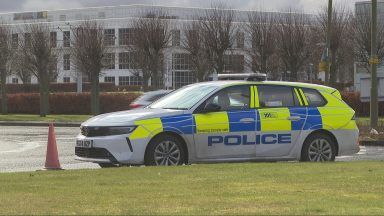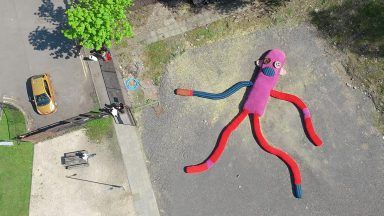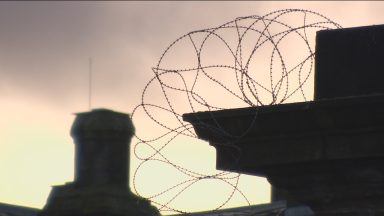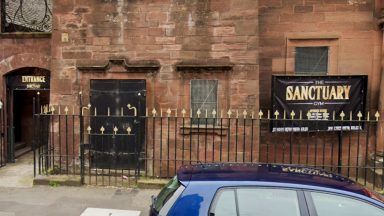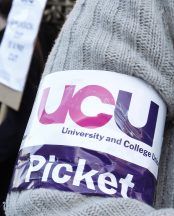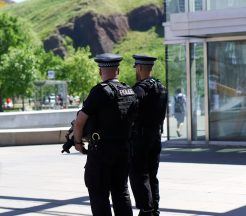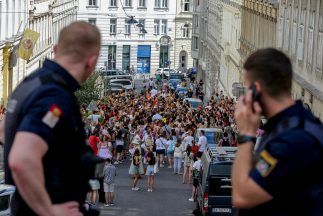Friday will mark the 700th anniversary of Robert the Bruce’s victory over England’s King Edward II in the Battle of Old Byland.
Also known as the Battle of Byland Abbey, it was a significant encounter between Scottish and English troops in Yorkshire in October 1322, forming part of the Wars of Scottish Independence.
It was a victory for the Scots, the most significant since the Battle of Bannockburn.
Known best for his defeat at Bannockburn in 1314, and for the alleged manner of his murder at Berkeley Castle in 1327 – by having a hot poker inserted into his anus – King Edward II decided to embark on what was supposed to be his last invasion of Scotland in the August of 1322.
It failed, and was followed by a Scottish attack as he retreated – the boldness and speed of the attack led it to be known as The Great Raid of 1322.
The Scots made their sudden and unexpected approach in October, marching to Yorkshire where Edward had taken up residence at Rievaulx Abbey with his queen.
All that stood between Robert’s troops and a royal prize was a large English force under the command of John of Brittany, Earl of Richmond, positioned between Rievaulx and Byland Abbey.
In order to dislodge him from his position on the high ground, the Scottish king used the same tactics that brought him victory at the earlier Battle of Pass of Brander.
Resistance crumbled and the Battle of Old Byland ended in a bloody retreat for the English.
Richmond was taken prisoner, as were Henri de Sully – known as the Grand Butler of France, Sir Ralph Cobham who was deemed the best knight in England and Sir Thomas Ughtred.
Many others were killed in the fight, and Edward was forced to make a rapid exit from Rievaulx.
Sclaracronica, a chronicle written by Sir Thomas Grey of Heatam while he was imprisoned at Edinburgh Castle, documents the battle.
In it, Grey wrote of the battle: “After Byland, the Scots were so fierce and their chiefs so daring, and the English so cowed, that it was no otherwise between them than as a hare before greyhounds.
“This was a significant victory for the Scots after their success at Myton on Swale and was soon followed five years later by their victory at Stanhope Park over Edward III.”
Follow STV News on WhatsApp
Scan the QR code on your mobile device for all the latest news from around the country


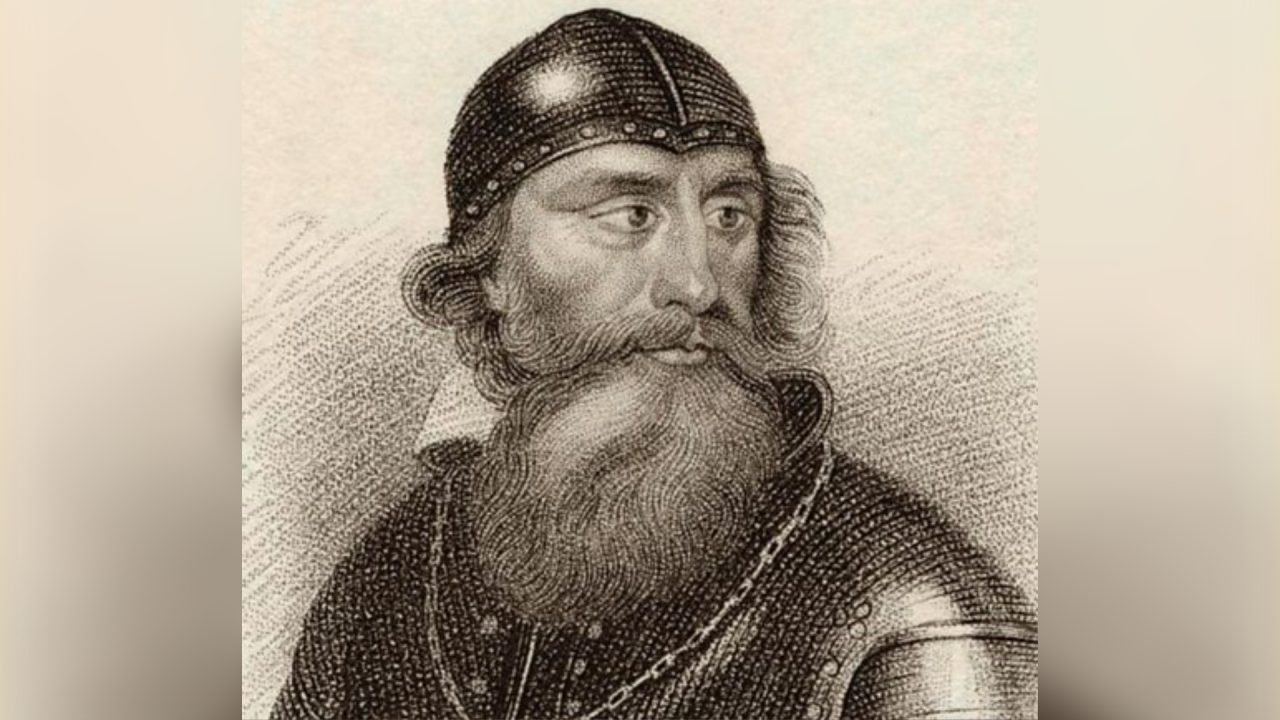 Royal Website
Royal Website



